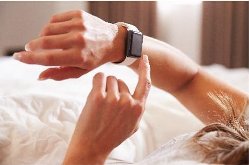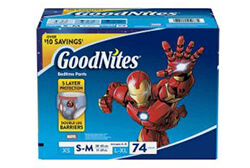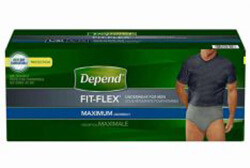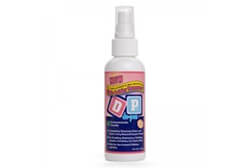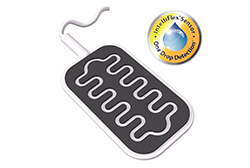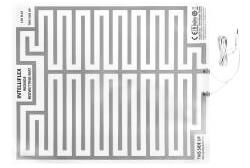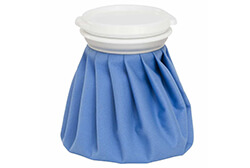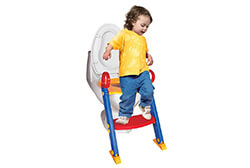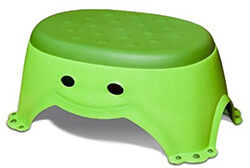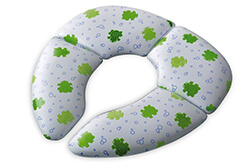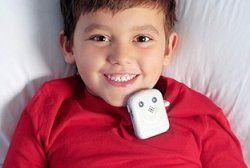
Help With Teenage Bedwetting
Last Updated on February 17, 2023 by One Stop Bedwetting
Bedwetting or nocturnal enuresis is term used for the involuntary passage of urine during sleep. Nearly 1% of 14 to 18-year old wet the bed at night. Teenagers and young adult may feel even more embarrassed than younger children about not staying dry at night. And while it can be frustrating for a teen and parents, most of the time, they will grow it. The longer teens have to deal with the embarrassment of wetting the bed at night, the more likely they’ll start to feel bad about themselves. So, try to pick up a solution as soon as your teen approaches you with their problem.
What causes teenage bedwetting?
- Bedwetting is a genetic pattern, inherited from a parent or close relative.
- Some bedwetting teens have a small bladder so they cannot hold all the urine produced during a night. They can also feel the need to go more urgently than normal.
- Some bladders do not fully empty on the toilet, which means some urine stays in the bladder.
- Teens who are very sound sleepers, so the signals of a full bladder aren’t strong enough to wake them.
- Bedwetting can be triggered by stress or emotional problems.
- Constipation is among several reason for a teenager who is struggling to stay dry at night.
- Drinking too many drinks with caffeine or more alcohol intake.
All of the above may contribute to a teen’s bedwetting problem but it can often be cured after careful review and treatment.
- Decrease excessive fluids intake at least two hours before bedtime; encourage your teen to drink plenty of fluids early in the day instead.
- Be sure that your teenager empties their bladder prior to going to bed. Bladder training can help just like other muscles in the body which can train the bladder to empty at specific times.
- Try a bedwetting alarm that detects the first drop of urine and can alert a teen if they are starting to have an accident. Over time, the device will condition their brain and to wake up and use the bathroom when they need to go.
- Another option to keep your teen minimize disruption and discomfort at night dry at night is to use waterproof mattress pads.
- Have your teen use a tracker or an alarm clock to understand urination patterns over time. This can help your teen to know how to control their bedwetting and help them see and feel good about progress.
- When bedwetting does not get better, it is not their fault. Be supportive . Try not to make a big deal out of it. it’s very likely that your teen is already extremely embarrassed about wetting the bed. Talk with them about it.
- Check insurance coverage for a bedwetting alarm as most of these devices will be covered by your healthcare provider.








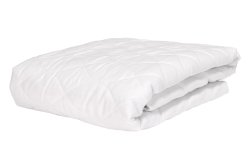 Our #1 Top SellerIdeal for Daily Use
Our #1 Top SellerIdeal for Daily Use Premium Quality BeddingSoft and Comfortable
Premium Quality BeddingSoft and Comfortable Premium Quality BeddingLarge Urine Absorption
Premium Quality BeddingLarge Urine Absorption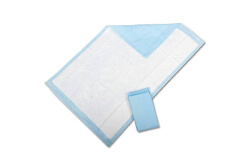 AFFORDABLE PRICECHANGE DAILY AS NEEDED
AFFORDABLE PRICECHANGE DAILY AS NEEDED
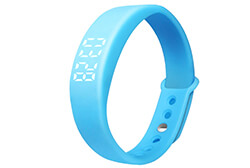 Sleek, Stylish and Affordable Watch
Sleek, Stylish and Affordable Watch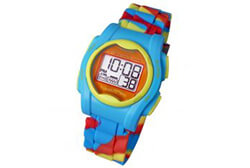 Multi-Function Watch with Numerous Features
Multi-Function Watch with Numerous Features Recommended watch for teens and adults
Recommended watch for teens and adults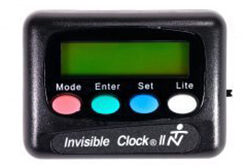 Perfect for medication and other reminders
Perfect for medication and other reminders